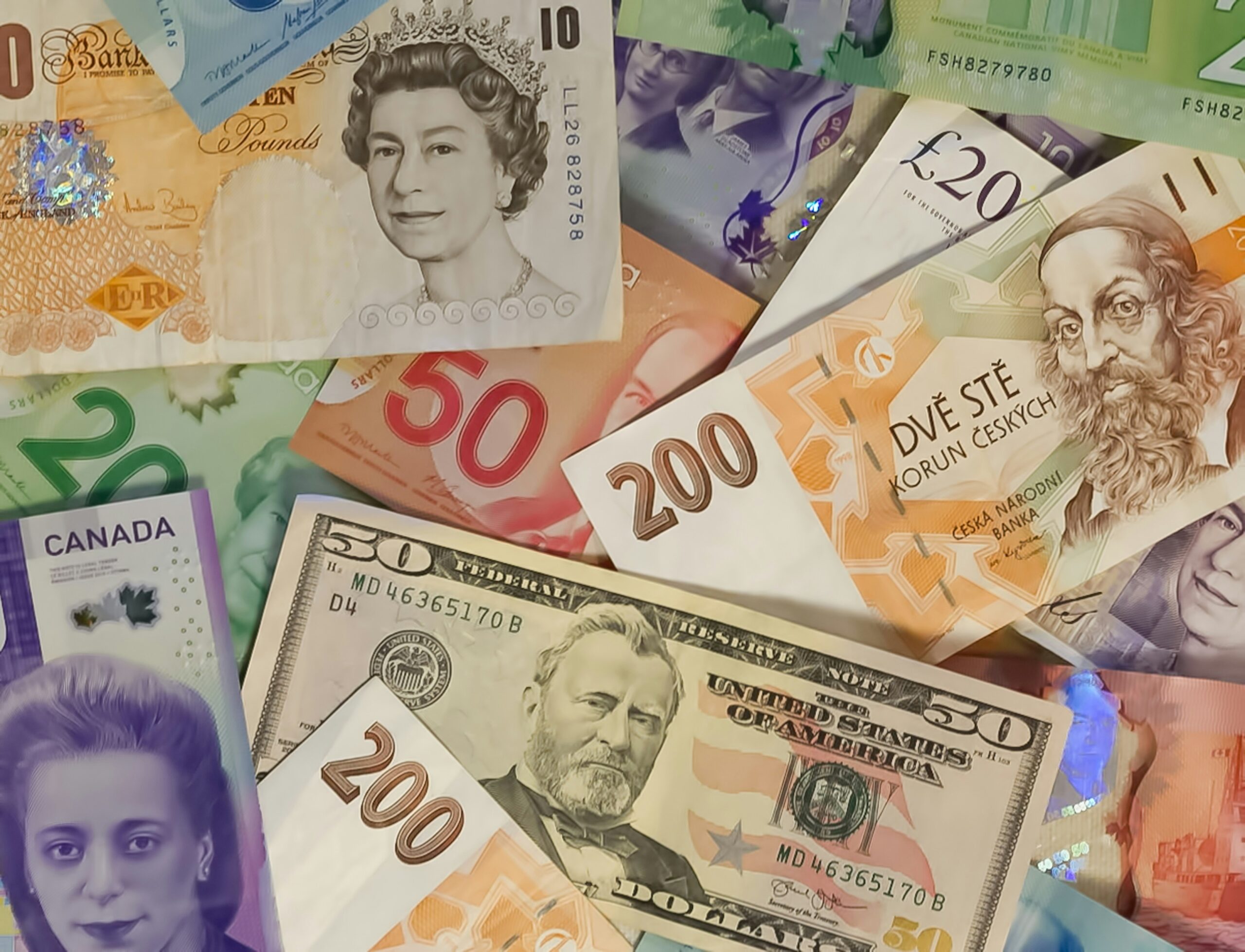In an era where freedom ranks paramount in human values, technology’s double-edged sword becomes increasingly evident. The liberty to choose our dwelling, workplace, purchases, and travel frequency lays the foundation for a fulfilling life. Technological advancements have unlocked unimaginable capabilities, allowing work from nearly any corner of the globe and access to knowledge across all life aspects. However, this progress casts a shadow, with the internet and modern technologies enabling undue scrutiny over our lives by states and corporations.
The Invisible Chains of Digital Surveillance
The pervasive tracking of online activities reveals a disturbing reality. Advertisements for previously searched products hauntingly follow us across the web, betraying a deep knowledge of our personal lives—from health conditions to shopping habits. This invasion of privacy, fueled by our digital footprints, poses a significant threat to personal freedom, turning our data into a commodity for those wishing to exploit it.
Unpacking the Cyprus Crisis

In 2013, Cyprus experienced a financial catastrophe that sent shockwaves through the global community, providing a real-world example of the risks associated with centralized control over personal finances. The crisis led to unprecedented measures, including a controversial bail-in plan where a portion of bank deposits over a certain threshold was seized to stabilize the banking sector. This event underscored the vulnerability of electronic finances, where savings once thought secure could be arbitrarily accessed or confiscated by financial institutions under government directive.
Canada’s Controversial Control Measures
More recently, Canada’s approach to managing civil unrest highlighted another aspect of financial control in the digital age. During the truckers’ protest against COVID-19 mandates in 2022, the Canadian government invoked the Emergencies Act, granting it the authority to freeze the bank accounts of protesters without requiring a court order. This move demonstrated how easily digital finances could be weaponized against citizens, restricting access to personal funds based on political participation or dissent.
The Threat of a Cashless Society
These incidents exemplify the dark potential of a cashless society. In Cyprus, individuals with substantial savings had no means to protect their assets from government-sanctioned confiscation. In Canada, the ease with which authorities could freeze accounts without due process highlighted the fragility of financial freedom in the digital era. Both situations reveal the inherent risk in relinquishing cash—our last line of defense against unwarranted surveillance and control.






